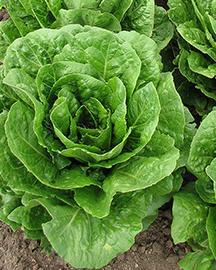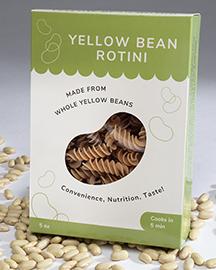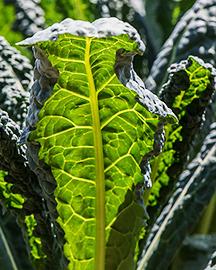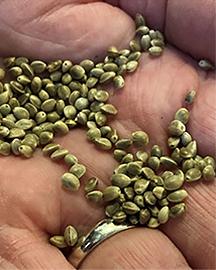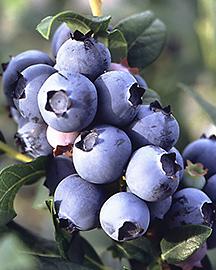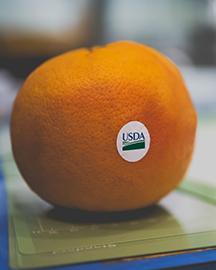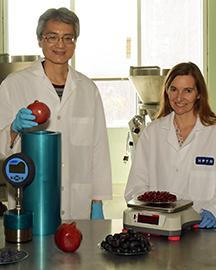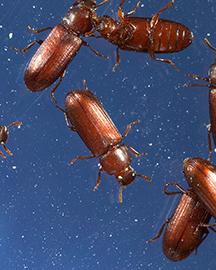A Sugar-Rich Diet Could Negatively Affect Brain Function
The executive part of our brain mediates and facilitates a set of cognitive functions, such as decision-making, planning, self and emotional regulation, and attention. This part of our brain is particularly vulnerable to psychological and chronic stress, which can lead to executive brain dysfunction and related age-associated diseases such as Alzheimer’s Disease. ARS researchers in Davis, CA, studied whether different dietary patterns were linked to decision-making performance and stress exposure.
Researchers found that a sugar-rich diet was linked to the lowest decision-making performance and higher self-reported psychological stress exposure. Conversely, diet patterns defined by more fruits, vegetables, or higher omega-3 fatty acids and seafood were linked to lower chronic stress exposure. These results provide new information to further support the notion that maintaining a healthy diet could help prevent cognitive diseases.





